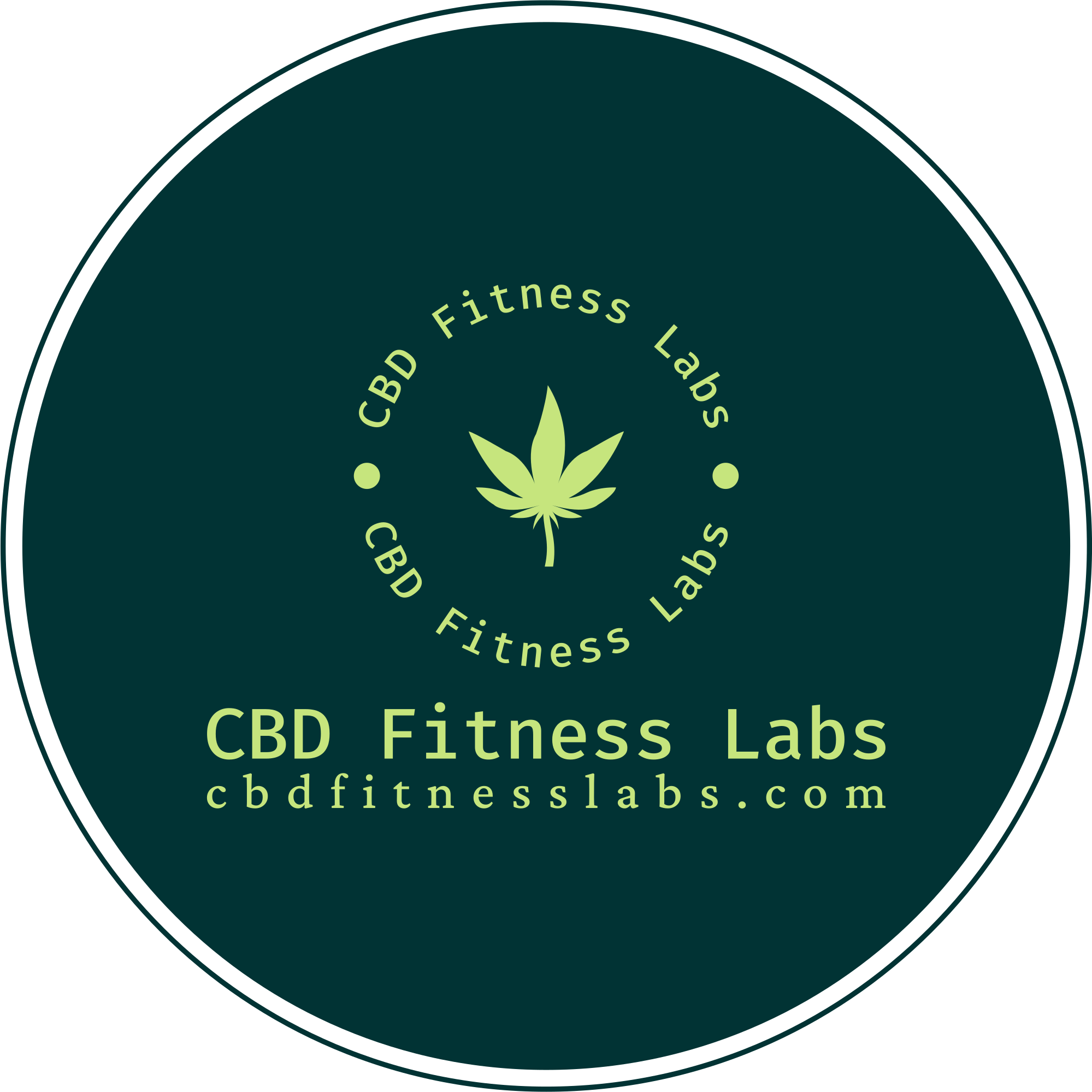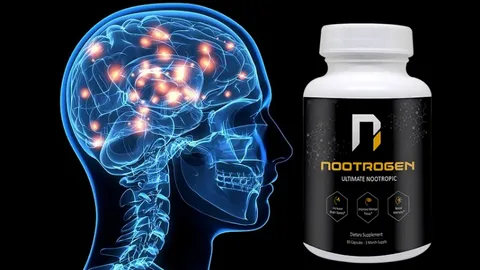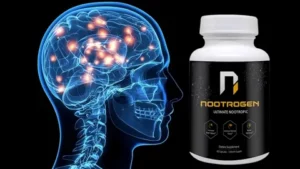In today’s fast-paced world, anxiety and stress have become pervasive issues affecting countless individuals. For some, traditional methods of managing stress and anxiety—such as therapy and medication—may not always be enough. In recent years, there has been growing interest in nootropics as a potential solution. Nootropics, often referred to as cognitive enhancers or smart drugs, are substances designed to improve cognitive function. This guide will explore how nootropics can be used to manage anxiety and stress, providing insights into their efficacy, safety, and how they work.
What Are Nootropics?
Nootropics are substances that enhance cognitive functions such as memory, focus, creativity, and motivation. They are often used by individuals looking to boost their mental performance, and their application in managing anxiety is a growing area of interest.
Types of Nootropics
- Natural Nootropics: These include herbal supplements and compounds derived from natural sources. Examples include Ginkgo biloba, Bacopa monnieri, and Rhodiola rosea.
- Synthetic Nootropics: These are man-made compounds designed to enhance cognitive functions. Examples include modafinil and racetams like piracetam.
- Nutraceutical Nootropics: These include vitamins, minerals, and amino acids that support cognitive health. Examples include Omega-3 fatty acids and L-theanine.
The Connection Between Nootropics and Anxiety
Anxiety is characterized by feelings of worry, nervousness, or unease, often about something with an uncertain outcome. Traditional treatments for anxiety include therapy and medications such as benzodiazepines and selective serotonin reuptake inhibitors (SSRIs). Nootropics may offer an alternative or complementary approach to managing anxiety by enhancing cognitive function and promoting a sense of well-being.
How Nootropics Can Help with Anxiety
- Improving Cognitive Function: By enhancing cognitive performance, nootropics may help individuals cope better with stress and anxiety. Improved focus and memory can reduce feelings of being overwhelmed.
- Regulating Neurotransmitters: Many nootropics influence neurotransmitters in the brain, such as serotonin, dopamine, and GABA. Balanced neurotransmitter levels can contribute to reduced anxiety and a more stable mood.
- Enhancing Resilience: Some nootropics are thought to improve resilience to stress, allowing individuals to better manage anxiety-provoking situations.
Popular Nootropics for Anxiety
1. L-Theanine
Description: L-Theanine is an amino acid found primarily in green tea. It is known for its calming effects and ability to promote relaxation without causing drowsiness.
Mechanism: L-Theanine increases the levels of GABA, serotonin, and dopamine in the brain, which can contribute to improved mood and reduced anxiety. It also promotes alpha brainwave activity, associated with a state of relaxed alertness.
Usage: Typically taken in doses of 100-200 mg, L-Theanine can be used as a supplement or consumed through green tea.
2. Rhodiola Rosea
Description: Rhodiola Rosea is an adaptogenic herb that helps the body adapt to stress and reduces fatigue.
Mechanism: It works by balancing neurotransmitter levels and reducing the release of stress hormones like cortisol. Rhodiola also enhances brain function and mood.
Usage: Commonly taken in doses of 200-600 mg per day. It is often used in extract form.
3. Bacopa Monnieri
Description: Bacopa Monnieri is an herb used in traditional medicine for its cognitive-enhancing and stress-relieving properties.
Mechanism: It enhances synaptic communication and supports neurotransmitter function, which may help improve cognitive function and reduce anxiety.
Usage: Typical doses range from 300-600 mg per day, often taken in supplement form.
4. Ashwagandha
Description: Ashwagandha is another adaptogen known for its stress-relieving properties. It is used in Ayurvedic medicine to combat anxiety and improve overall well-being.
Mechanism: It helps regulate the body’s stress response by lowering cortisol levels and balancing neurotransmitter activity.
Usage: Recommended doses vary from 300-600 mg per day, usually taken as a supplement.
5. Omega-3 Fatty Acids
Description: Omega-3 fatty acids, found in fish oil, are essential for brain health and have been shown to have mood-stabilizing effects.
Mechanism: Omega-3s influence brain function by modulating neurotransmitter systems and reducing inflammation, which can help manage anxiety.
Usage: Typical doses range from 1-3 grams per day, available in fish oil or algae-based supplements.
Safety and Side Effects
While many nootropics are considered safe when used appropriately, they can have side effects or interact with other medications. It’s important to use them responsibly and consult a healthcare provider before starting any new supplement regimen.
Common Side Effects
- L-Theanine: Generally well-tolerated but can cause mild headaches or digestive issues in some individuals.
- Rhodiola Rosea: May cause mild side effects such as dizziness or dry mouth.
- Bacopa Monnieri: Can lead to gastrointestinal issues, including nausea or diarrhea.
- Ashwagandha: Some individuals may experience gastrointestinal discomfort or drowsiness.
- Omega-3 Fatty Acids: High doses can cause digestive issues or a fishy aftertaste.
How to Incorporate Nootropics into Your Routine
1. Start Slowly
Begin with a lower dose to assess how your body responds to the nootropic. Gradually increase the dose as needed.
2. Monitor Effects
Keep track of any changes in mood, anxiety levels, or cognitive function. Adjust dosages or discontinue use if adverse effects occur.
3. Combine with Other Strategies
Nootropics should be part of a comprehensive approach to managing anxiety, including lifestyle changes such as exercise, healthy eating, and stress management techniques.
FAQs
What are nootropics?
Nootropics are substances that enhance cognitive functions like memory, focus, and motivation. They can be natural or synthetic and are sometimes used to manage anxiety and stress.
Can nootropics help with anxiety?
Some nootropics may help with anxiety by improving cognitive function, regulating neurotransmitters, and enhancing resilience to stress.
What is L-Theanine, and how does it help with anxiety?
L-Theanine is an amino acid found in green tea that promotes relaxation and reduces anxiety by increasing levels of neurotransmitters such as GABA, serotonin, and dopamine.
How does Rhodiola Rosea work to reduce anxiety?
Rhodiola Rosea is an adaptogenic herb that helps the body adapt to stress and balance neurotransmitter levels, thereby reducing anxiety and improving mood.
Is Bacopa Monnieri effective for anxiety?
Bacopa Monnieri may help reduce anxiety by enhancing cognitive function and supporting neurotransmitter balance.
What role do Omega-3 fatty acids play in managing anxiety?
Omega-3 fatty acids support brain health and mood regulation, which can help manage anxiety and stress.
Are there any side effects associated with nootropics?
Common side effects of nootropics can include gastrointestinal issues, headaches, or dizziness. It’s important to use them responsibly and consult a healthcare provider.
How should I start using nootropics for anxiety?
Start with a lower dose to assess your body’s response. Gradually increase the dose if needed and monitor effects to ensure safety.
Can nootropics replace traditional anxiety treatments?
Nootropics should not replace traditional treatments for anxiety but can be used as a complementary approach. Always consult with a healthcare provider before making changes to your treatment plan.
Where can I find quality nootropics?
Look for reputable brands that provide transparent information about their products’ sourcing and testing. Consult with healthcare professionals for recommendations.
Conclusion
Nootropics offer a promising avenue for managing anxiety and stress by enhancing cognitive function and promoting a sense of well-being. While they can be a valuable tool, they should be used in conjunction with other anxiety management strategies and under the guidance of a healthcare provider. By understanding how different nootropics work and monitoring their effects, individuals can make informed choices about incorporating these substances into their routines for better stress management and improved mental health.
- Thc Infused Seltzers In Illinois IL - May 30, 2025
- Skin Pen Microneedling Near Buckland, Surrey - May 29, 2025
- Ghosting And Its Long-Term Effects On Relationship Satisfaction - May 28, 2025




